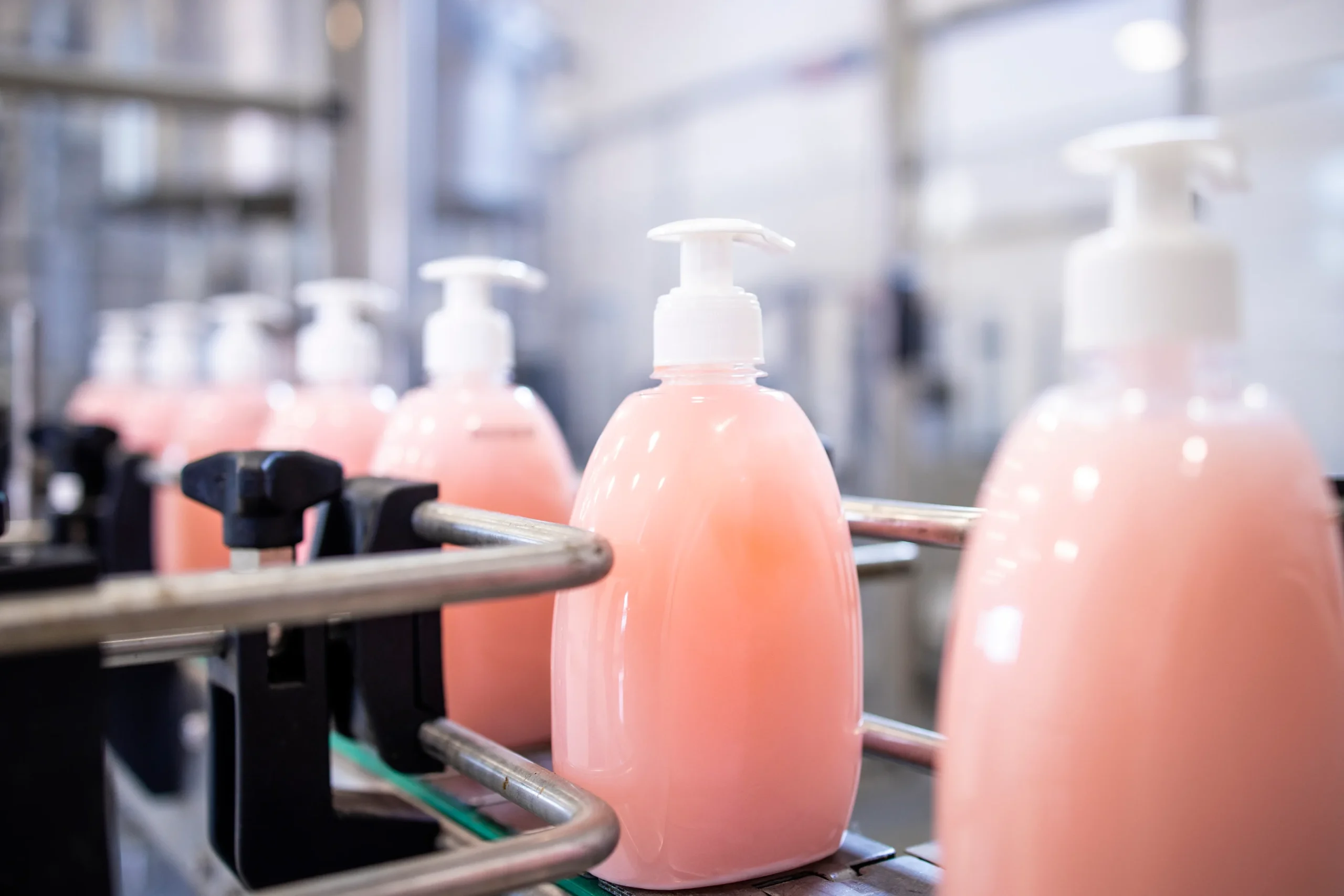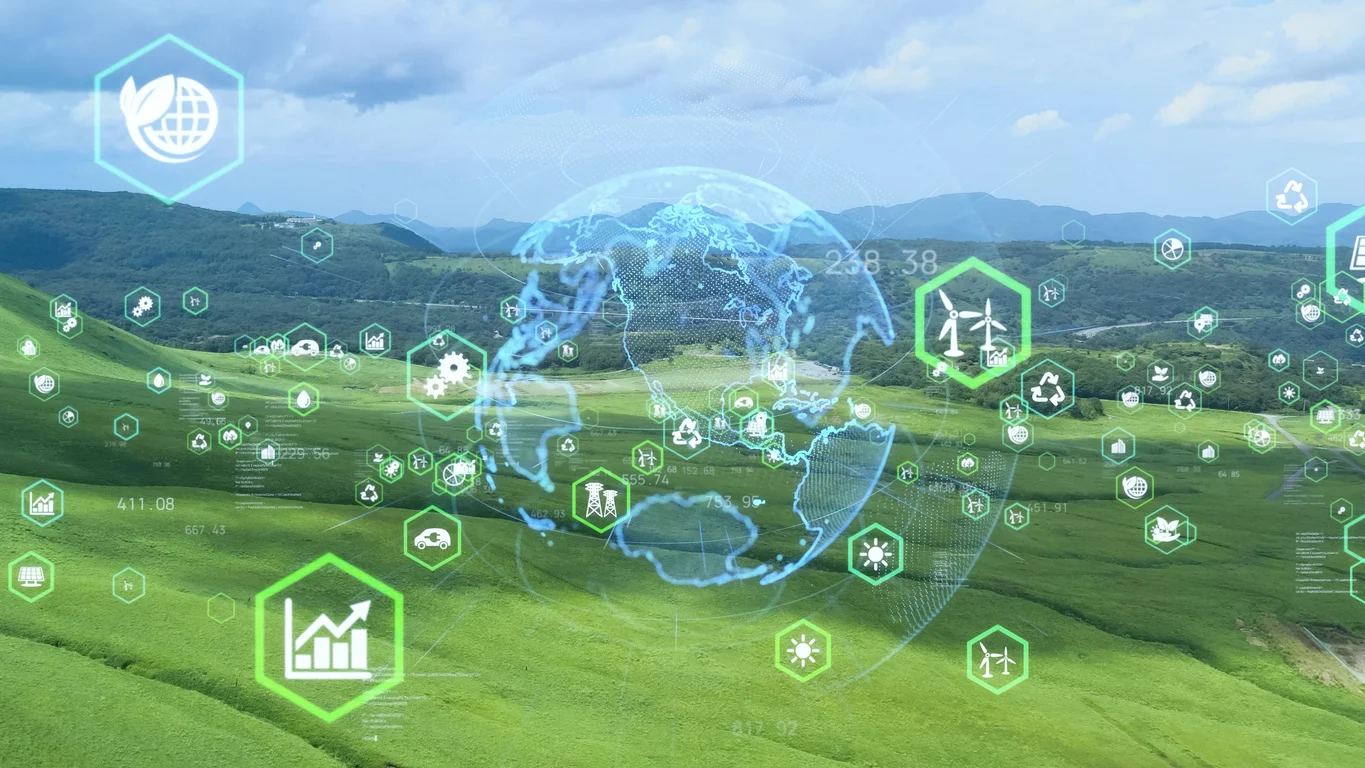The beauty industry, known for its constant evolution and adaptation to trends, is now at the cusp of a revolutionary change driven by Artificial Intelligence (AI). The integration of AI technology into the beauty sector is not just about embracing new technology for the sake of innovation; it’s about fundamentally transforming how brands develop, market, and distribute their products to meet the ever-changing consumer demands efficiently and sustainably. Artificial Intelligence and technology are the future of beauty.
The Power of Artificial Intelligence in Enhancing Product Development
In product development, AI can analyze vast amounts of data from various sources, including social media trends, consumer feedback, and even environmental factors, to predict future trends. This predictive capability enables beauty brands to be ahead of the curve in new product innovation.
Moreover, AI-driven tools can simulate skin analysis showing the effects of skincare ingredients on different skin types under various conditions, reducing the need for physical testing and accelerating time-to-market. For the consumer, this provides them with skincare products that are truly suited for their skin type – a win-win for the business and its consumers.
Revolutionizing Customer Experiences with Personalized Beauty
One of the most significant impacts of AI in the beauty industry is on personalization. By leveraging machine learning algorithms to analyze customer data points such as skin type, skin tone, preferences, lifestyle choices, and even genetic information, brands can offer highly personalized product recommendations and skincare routines. Virtual try-on apps powered by augmented reality (AR) further enhance this personalized shopping experience by allowing consumers to see how beauty products or specific makeup looks fit them before making a purchase.
Unleashing Creativity with Generative AI
Among the cutting-edge capabilities of artificial intelligence within the beauty industry lies generative AI. Generative AI refers to a type of artificial intelligence that can create new content, from text and images to music and code, by learning from existing data. It enables machines to generate fresh, innovative outputs that mimic human-like creativity.
These AI tools are not only revolutionizing product development but also transforming personalized beauty solutions. By running diagnostics on personal data, such as skin type and preferences, generative AI enables the beauty and cosmetics industry to design products that cater precisely to individual needs. This personalized approach not only enhances customer satisfaction but also streamlines the development process.
Streamlining Operations and Sustainability Efforts with AI-Powered Integrations
Operational efficiency is another area where AI can make a substantial impact. From optimizing supply chain management with predictive analytics to automating inventory levels based on real-time demand forecasts, AI helps beauty companies operate more leanly and responsively. Furthermore, by enabling more precise formulations and reducing waste in production processes, AI algorithms support the industry’s move towards sustainability initiatives.
Overcoming Challenges with Clean Data
However, harnessing the full potential of AI requires high-quality data. The adage “garbage in, garbage out” holds particularly true here; without clean, structured data sets that are accessible and governed properly for traceability and accountability changes introduced can have far-reaching implications. This necessitates a shift towards digital platforms, such as Specification Data Management platforms, capable of integrating disparate data sources into a cohesive framework that feeds accurate information into AI models for meaningful insights.
Embracing the Future: The Lasting Impact of AI in Beauty
As we stand on the brink of this transformative era in the beauty industry facilitated by artificial intelligence, it’s clear that embracing these technologies offers numerous benefits ranging from enhanced product development and personalized customer experiences to operational efficiencies and sustainability improvements.
However, success hinges on addressing foundational issues related to data quality and integration. By overcoming these challenges collaboratively across departments within organizations—and ensuring structured first approaches—the beauty industry can fully leverage AI not just as a tool but as an integral part of its innovation DNA.
To learn more about how the impacts of artificial intelligence check out this webinar or request a demo with our team.
Explore More Blogs
Get Started
With Specright’s Solution Suite, you can digitize, centralize, and link your specification data to drive efficiencies, intelligence, traceability, and collaboration within your organization and across your supply chain network.





